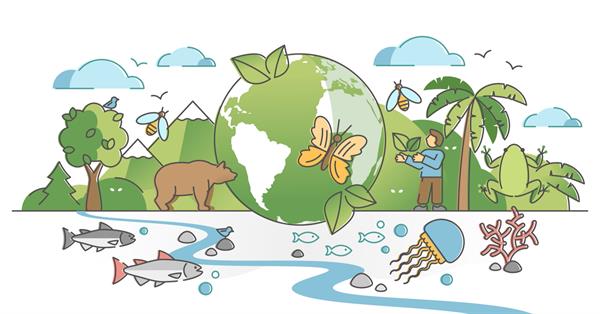
PUMPA - SMART LEARNING
எங்கள் ஆசிரியர்களுடன் 1-ஆன்-1 ஆலோசனை நேரத்தைப் பெறுங்கள். டாப்பர் ஆவதற்கு நாங்கள் பயிற்சி அளிப்போம்
Book Free DemoBiodiversity
Biodiversity or biological diversity refers to the diversity of living organisms in a habitat. In biodiversity, various plants, animals, and microorganisms share a habitat. It is highly influenced by topography, climate and human activities.

Biodiversity
The biodiversity found on Earth today consists of millions of distinct biological species that are the products of four billion years of evolution. Biodiversity represents the strength of the biological resources of a place on Earth. Irrespective of the size of the organism has a key role to play in the ecosystem. Sustaining the ecological balance, biodiversity also facilitates social benefits such as tourism, education, culture, research etc., over an area.
India is considered as one of the mega-diverse countries in the world. It is rich in biodiversity and associated with traditional knowledge. With just \(2.4%\) of the land area, India accounts for nearly \(7%\) of the recorded species, even while supporting almost \(18% \)of the human population.
Loss of biodiversity
The extinction of species (flora and fauna) due to human and natural influences is called the loss of biodiversity.